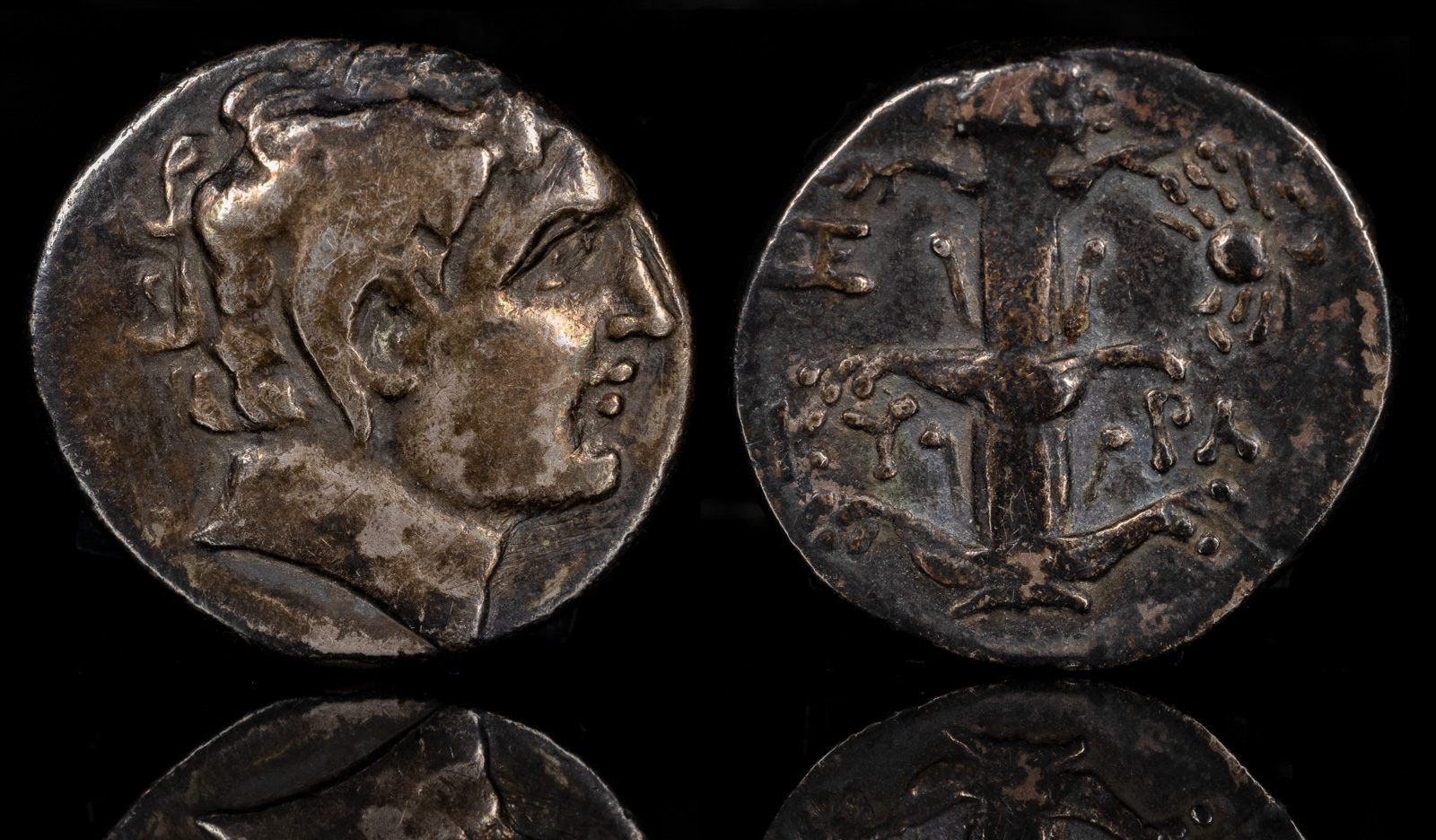Karneios
View All Tags
The Karneia festival, held in honor of Apollo Karneios, was one of the most important religious events in Spartan society. Taking place in late summer (around August), it marked the culmination of the agricultural season and served as both a thanksgiving and a plea for future abundance. The festival involved a blend of athletic competitions, processions, and musical performances, reflecting Apollo’s dual aspects as a god of physical excellence and cultural refinement. One notable event was a ritual chase where young men pursued a runner, symbolizing the protection of the community and the safeguarding of its prosperity.
The worship of Apollo Karneios also had a strong Dorian connection, as the Dorians viewed him as a patron deity of their migration and settlement in the Peloponnese. This aspect of his cult emphasized Apollo’s role as a guide and protector of new beginnings, aligning with his broader associations with prophecy and guidance. Temples and altars dedicated to Apollo Karneios were often located in rural areas, reinforcing his link to agriculture and the natural world.
The iconography of Apollo Karneios sometimes included ram motifs, further underscoring the pastoral and fertility elements of his worship. These symbols highlighted his role in ensuring the well-being of livestock, a crucial aspect of life in ancient Greek communities. The ram’s horn, in particular, was seen as a symbol of strength, vitality, and the cyclical renewal of life.

Kyrene, Magas
Ptolemaic governor, c. 300-282/75 BC
AR Didrachm 20mm, 7.30g, 12h
Head of Karneios r. R/ Silphion plant; ZE monogram to upper l., crab to upper r., KY-PA across lower field.
BMC 256; cf. SNG Copenhagen 1243